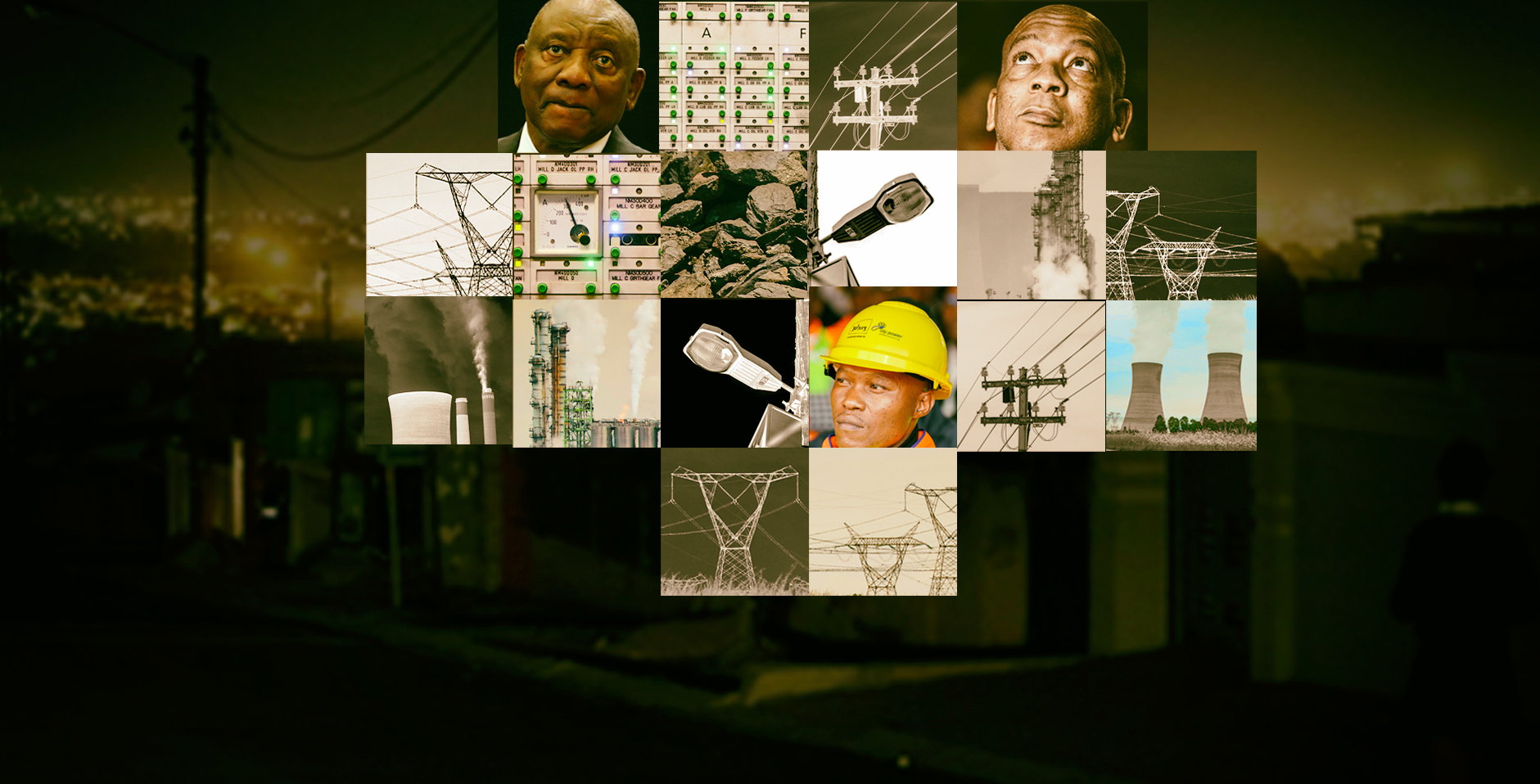On Monday, President Cyril Ramaphosa began his weekly newsletter by noting that South Africa had gone for more than 100 days without load shedding.
He was correct to mark the moment. Load shedding has been responsible for huge economic damage and a dramatic decline in living standards for millions of people in SA.
He was also correct to state that “it is not a reason to relax”. As he pointed out, there is still much to do until South Africa has a proper reserve margin of generation capacity.
However, there are indications that the electricity problems will devolve to the local level, where they will be more difficult to solve.

Many urban municipalities are implementing load reduction, where they cut off areas for long periods. This is because their networks cannot cope with the load that is placed on them.
There are a number of reasons for this.
First, many people are stealing electricity; they bypass meters and use power without paying for it. This overloads transformers and councils simply switch off that area (the roots of this are deep: the ANC has been accused of promising free electricity in 1994).
Second, many millions of people in SA have moved from rural to urban areas over the last few decades, and councils have not invested enough in the power infrastructure to keep up. Eskom too has a role to play here. It is supposed to ensure areas have enough electricity (it supplies Soweto directly, for example, and implements load reduction there).
This means that while Ramaphosa and others have noted, or in some cases celebrated, the end of load shedding, millions of people are still living as they were during load shedding.
It may take longer to solve this problem than it did to halt load shedding.
This is because many of those who make the decisions in our society do not experience load reduction. They, and their business interests, did have to endure load shedding, and thus, for them, it has been resolved.
When the middle classes and elites don’t use the same services as the poor, it is very difficult for the poor to put pressure on decision-makers to resolve problems related to those services.
Municipal ‘solutions’
Some councils are trying to address the issue and this could have big consequences.
In Joburg, City Power has implemented a R200 “network charge” on prepaid customers. In the past, only those who paid for their power through their council bill would subsidise the network. Now, City Power argues, correctly, that everyone who uses the network should pay for it.
But this has been implemented strangely.
The timing is important — it became public just after the election.
Considering that it is being implemented by an administration comprising the ANC, the EFF and Al Jama-ah, it could well have become a big issue in Joburg, affecting the election result.
It seems the first public report about the “network charge” came from EE Business Intelligence’s Chris Yelland in the middle of June, just three weeks before it was put into force.
While the Joburg mayor Kabelo Gwamanda has denied that there was no proper consultation ahead of this, many of those affected probably did not realise what was going to happen.
Already, the DA has launched a petition against the new charge. While it is in opposition to the ANC-dominated “working relationship” in Joburg, the DA is working with the ANC in the national government. However, it is not in the Gauteng provincial government.
This underscores how complicated our political situation has become.
Meanwhile, the impact on people’s lives is huge. Many families can no longer afford to cook (this may be one of the reasons noodles are replacing potatoes in many homes).
Many will not understand why they are getting so much less electricity than before for the same amount of money.
Considering the history of violent protests against prepaid meters, this has the elements for trouble in the near future.
Unsustainable increases
Meanwhile, the arguments around electricity billing may only become more technical and thus harder for the people paying for electricity to understand.
AfriForum recently won a court order ruling that the energy regulator, Nersa, cannot issue price determinations without first assessing cost studies.
This followed several occasions in which Eskom won cases against Nersa over its methodology.
When people do not understand why something costs so much more, it could well feed the cynicism engendered by State Capture and corruption.
Energy and Electricity Minister Kgosientsho Ramokgopa said on Monday that the rate at which municipalities were increasing power prices was unsustainable and, for many, unaffordable.
He said the situation was “untenable” and could become a national crisis.
All of this suggests that while the problems of increasing generating capacity are slowly being overcome, the real technical arguments around how to manage electricity are just beginning.
Some of these are inherently political and could see more calls for the rich to subsidise the poor so that everyone has access to electricity.
As many of the rich now generate their own power, they can opt out of the national network, making solutions increasingly difficult to find.
However, in the longer term, as home solar generation becomes cheaper and cheaper, it is likely that even those currently battling with prepaid electricity will have other options. While this may sound like science fiction, it could, in the end, reduce the need for the kind of networks we have now.
Unfortunately, until then, despite the fact that the power remains on in many areas, there are more arguments over electricity access still to come. DM





